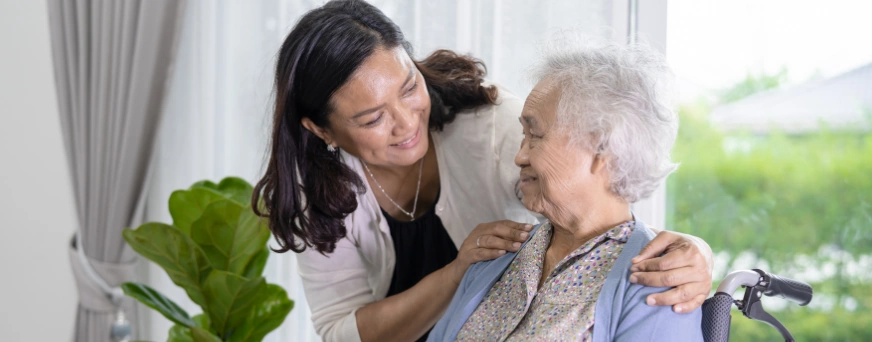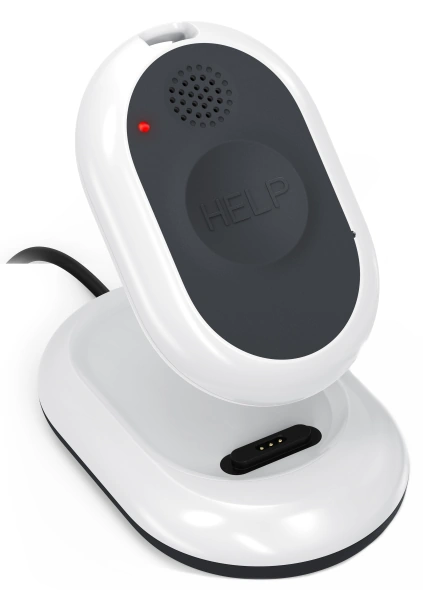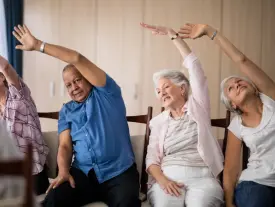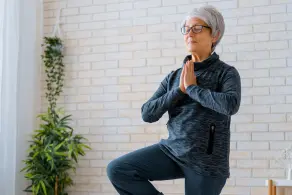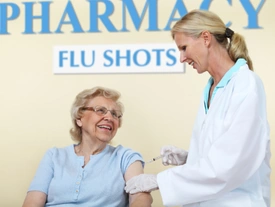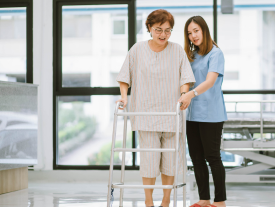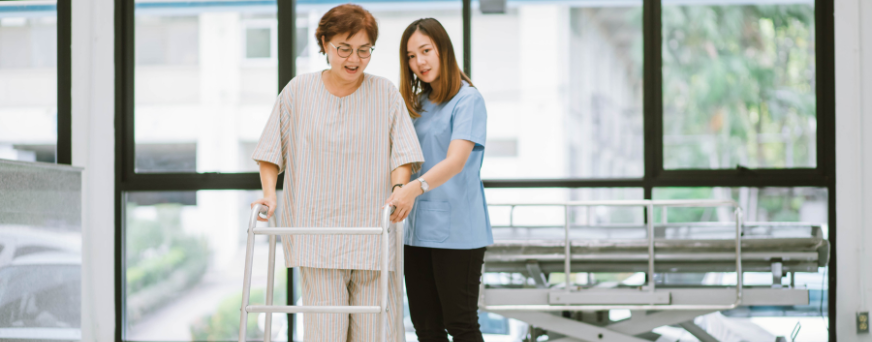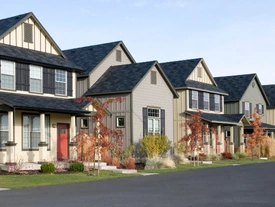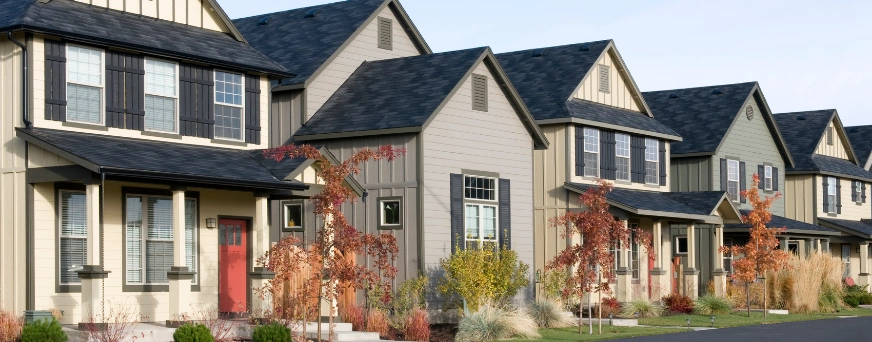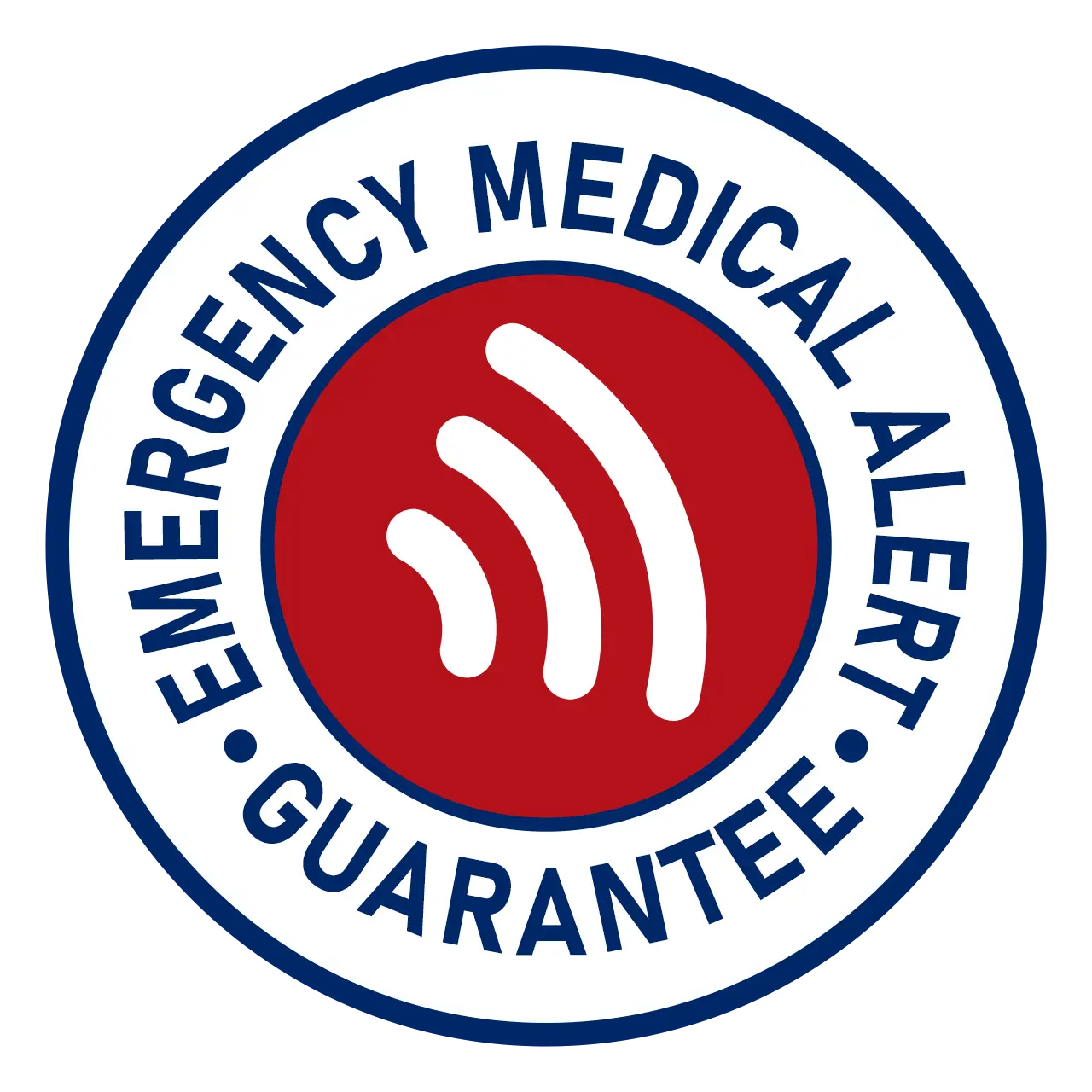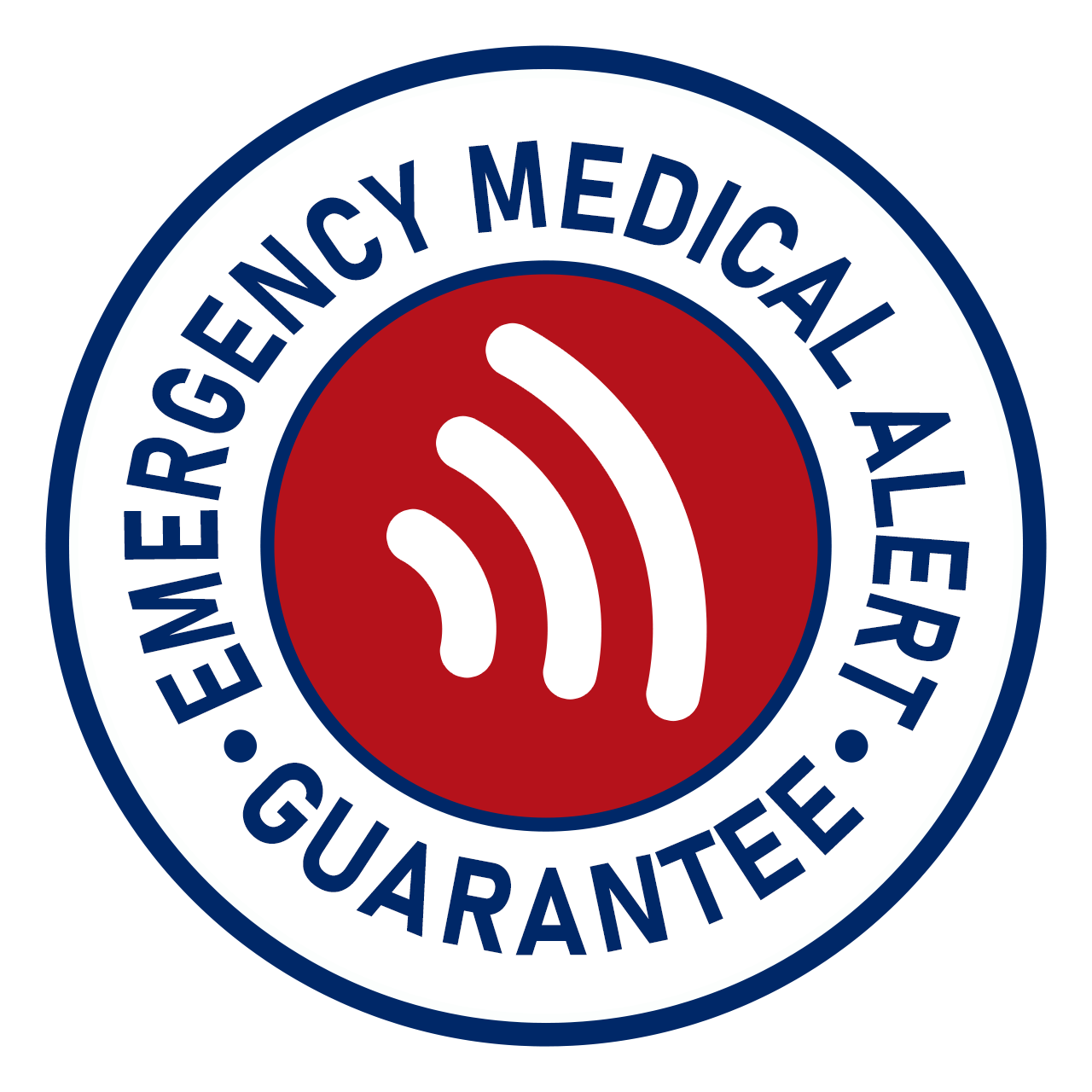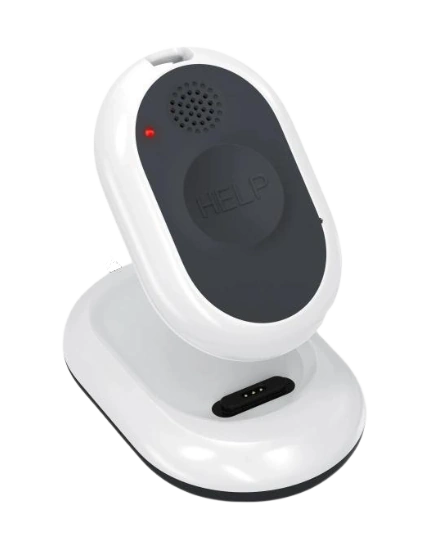Types Of Care For Seniors: From Home Help To Assisted Living
Daily activities and health demands tend to shift as individuals get older. Some seniors stay independent with slight assistance, and there are those who will need more organized assistance.
The positive aspect is that there is a broad spectrum of care options, which includes in-home care options and specialized residential care. All kinds of care are tailored to particular needs, whether the family needs temporary assistance with cooking or full-time medical care.
This knowledge will assist the seniors and families in making plans, which will allow them to remain comfortable and dignified and maintain their quality of life.
How To Choose The Right Type Of Senior Care

It is not always easy to choose the appropriate type of care the senior should receive. Needs of care for seniors are diverse based on a person's health, mobility, finances, and individual preferences.
Some seniors might just need a few hours of assistance in household chores, and there are those who might need 24-hour medical attention. Due to this reason, the families have to begin by closely evaluating the present condition of the senior.
Assessment of daily living activities is one of the initial steps. Is the elderly person able to bathe, dress, and eat without aid? Do they have mobility or drug control problems? The answers to these questions will assist in either choosing home-based care or a more organized environment, such as assisted living.
There is also a significant role of financial considerations. Short-term in-home services can be flexible and affordable, but long-term care facilities can offer higher-quality services in case 24/7 supervision is required. Some expenses may also be covered by insurance coverage, veteran benefits, and state programs.
Social and emotional needs are not to be ignored. Independent elders may also flourish with less home care, whereas the isolated may feel better in the community setting of assisted living or adult day care services.
An Insight Into The Different Types Of Senior Care

Here are the different types of senior care:
1. Personal And Home Health Care Services
In-home care is the initial step taken by many seniors in order to be assisted. Personal care aides can assist in the daily activities like bathing, dressing, cooking, and mild cleanings.
Home health care services have been taken to a notch higher, whereby skilled nursing or therapy is offered in the home.
This will enable the seniors to stay in the environment they are used to and receive the assistance they require. It is particularly useful in the case of a person who is postoperative, with chronic illnesses, or just needs companionship.
The services may be scheduled either on a part-time basis or a full-time basis, depending on the needs of an individual. To families, home care will provide peace of mind without the need to move to a facility.
2. Respite Care For Temporary Support
Being a caregiver to an elderly person is also satisfying and tiring for the relatives. Respite care offers a temporary relief to caregivers, where the seniors are well taken care of as the loved ones take time to rest or attend to other issues.
The respite care may be at home, in adult day care, or in residential care. Stays can be extended to just a few hours, days, or even a few weeks.
Such care can be of benefit in preventing burnout in caregivers and in enabling the families to offer long-term care with renewed energy. There is also the advantage of seniors meeting new caregivers and undergoing alternative routines.
3. Adult Day Care Programs
Adult day care centers are neighborhood-based facilities that target those seniors who do not need full-time residential care but rather supervision. These facilities serve meals, socialization, and even health services.
They are the perfect option among seniors, where their family members are busy at work and cannot attend to them all day. Adult day care not only provides safety but also counters isolation by providing an avenue through which the seniors can socialize with each other.
Practical courses can concentrate on memory training in people with early-stage dementia and provide them with organized activities that lead to mental well-being.
4. Assisted Living Facilities For Independent Support
Assisted living is recommended in the cases of elderly patients who are not in a state of complete self-sufficiency yet do not require the extensive medical assistance offered by nursing homes.
These are facilities where individual or semi-individual apartments are offered together with personal care like making meals and taking care of medication, as well as cleaning the place.
The independent support and independence balance is what appeals in assisted living. They enjoy social activities, eating together, and recreation, and the residents are aware that the support is there when required.
Several facilities also offer transportation services for medical visits and outings. Assisted living provides a secure and interesting atmosphere, yet centers on the wish of a senior to be independent.
5. Nursing Homes And Memory Care For Intensive Medical Needs
In the case of the elderly who are in severe health and aged to an extent that they need advanced care, nursing homes and memory care units give holistic services.
Nursing homes provide high-quality medical treatment, rehabilitation, and 24-hour care. They can suit seniors with a complicated health history or those who are out of the hospital.
Memory care, which is commonly included in a nursing home or assisted living facility, is the specialization that focuses on the needs of people with Alzheimer's disease or other types of dementia.
The employees are conditioned to deal with behavioral issues and offer activities that foster mental involvement. Such units are also characterized by safe environments that avoid wandering to make sure that the residents are safe.
Although the alternatives may be costly, they are necessary in situations where the elderly have to be under medical care at all times. Families need to be very critical of facilities in terms of staff qualifications, quality of services, and happiness of the residents.
Conclusion
Aging care for seniors does not have a universal solution. Starting with the light in-home assistance all the way up to the intensive nursing assistance, both are tailored to satisfy the diversity of needs.
Knowledge of the options enables families to think through the decisions, and seniors get a combination of safety, health care, and autonomy. Aging is a more rewarding and secure experience with help.

